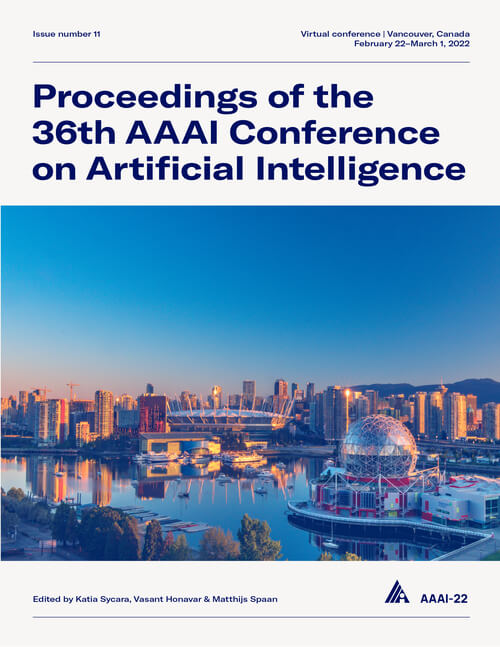Noninvasive Lung Cancer Early Detection via Deep Methylation Representation Learning
DOI:
https://doi.org/10.1609/aaai.v36i11.21439Keywords:
AI For Social Impact (AISI Track Papers Only)Abstract
Early detection of lung cancer is crucial for five-year survival of patients. Compared with the pathological analysis and CT scans, the circulating tumor DNA (ctDNA) methylation based approach is noninvasive and cost-effective, and thus is one of the most promising methods for early detection of lung cancer. Existing studies on ctDNA methylation data measure the methylation level of each region with a predefined metric, ignoring the positions of methylated CpG sites and methylation patterns, thus are not able to capture the early cancer signals. In this paper, we propose a blood-based lung cancer detection method, and present the first ever study to represent methylation regions by continuous vectors. Specifically, we propose DeepMeth to regard each region as a one-channel image and develop an auto-encoder model to learn its representation. For each ctDNA methylation sample, DeepMeth achieves its representation via concatenating the region vectors. We evaluate DeepMeth on a multicenter clinical dataset collected from 14 hospitals. The experiments show that DeepMeth achieves about 5%-8% improvements compared with the baselines in terms of Area Under the Curve (AUC). Moreover, the experiments also demonstrate that DeepMeth can be combined with traditional scalar metrics to enhance the diagnostic power of ctDNA methylation classifiers. DeepMeth has been clinically deployed and applied to 450 patients from 94 hospitals nationally since April 2020.Downloads
Published
2022-06-28
How to Cite
Cai, X., Tao, J., Wang, S., Wang, Z., Wang, J., Li, M., Wang, H., Tu, X., Yang, H., Fan, J.-B., & Ji, H. (2022). Noninvasive Lung Cancer Early Detection via Deep Methylation Representation Learning. Proceedings of the AAAI Conference on Artificial Intelligence, 36(11), 11828-11836. https://doi.org/10.1609/aaai.v36i11.21439
Issue
Section
AAAI Special Track on AI for Social Impact

